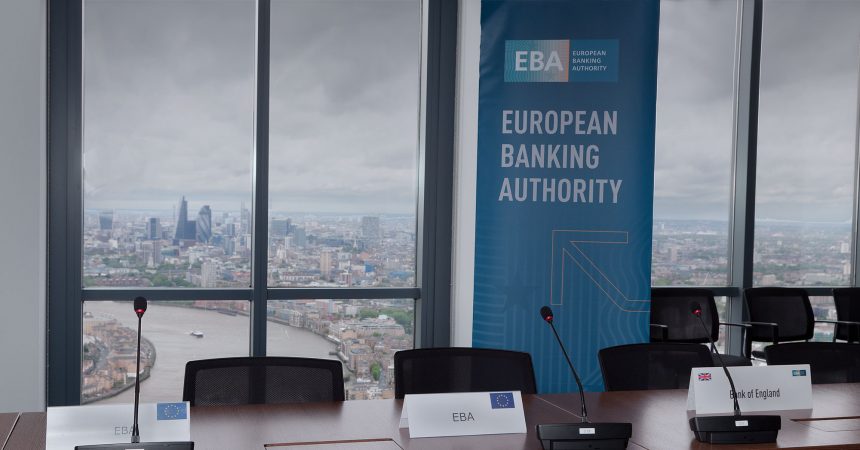A confidential report on money laundering within the EU has exposed shortcomings and gaps in the way EU and national authorities cooperate to control the use of illegal funds in the banking system.
The report was drawn up by EU financial supervisors and sent to to national governments and the European Parliament this week, a report in The Financial Times said.
The report comes in the wake of a year of “damaging revelations”, including US accusations that Latvian bank ABLV helped to finance North Korea’s nuclear programme and that around $30billion of Russian and ex-Soviet money flowed through Danske Bank’s Estonian branch in a single year, the article said.
In July, the European Banking Authority (EBA) also published a damning report, saying that the Financial Intelligence Analysis Unit breached EU law in relation to its supervision of Pilatus Bank. It is also expected to look into allegations of illegal activity in Latvia.
The strength of anti-money-laundering controls can only be as high as the weakest link
The report puts together the findings of a group of experts, which was set up in June to look into shortcomings and draft policy options, within the regulatory field such as the European Central Bank, EBA and European Commission.
“If you are in the single market, the strength of anti-money-laundering controls can only be as high as the weakest link. So if you have a weak authority, then the criminal money may enter the single market,” Andrea Enria, chairman of the EBA, told The Financial Times.
The report identified weaknesses such as a “lack of legal clarity on how different types of financial supervisors” are supposed to work together, makeshift arrangements for information-sharing between EU countries, and a lack of resources at EU level to make sure rules are being properly enforced.
There are “shortcomings with respect to co-operation and information-sharing, both at domestic level between different authorities and across borders in other EU member states”, the paper said.
While the EU in recent years has shifted many responsibilities for banking supervision to a European level, the policing of anti-money laundering standards is still mainly a national competence.
The paper highlighted that the EBA is understaffed and has the equivalent of 1.8 full-time staff members working directly on money-laundering issues.
In its recommendations, the report suggested a memorandum of understanding on data-sharing within the ECB and national regulators and “centralising” responsibilities from different EU authorities with the EBA.
It also gave the option for a EU level mechanism to coordinate the work of national supervisors or the “centralisation of AML [anti-money-laundering] supervision via an existing or a new Union body having the ability to enforce harmonised rules and practices”.












